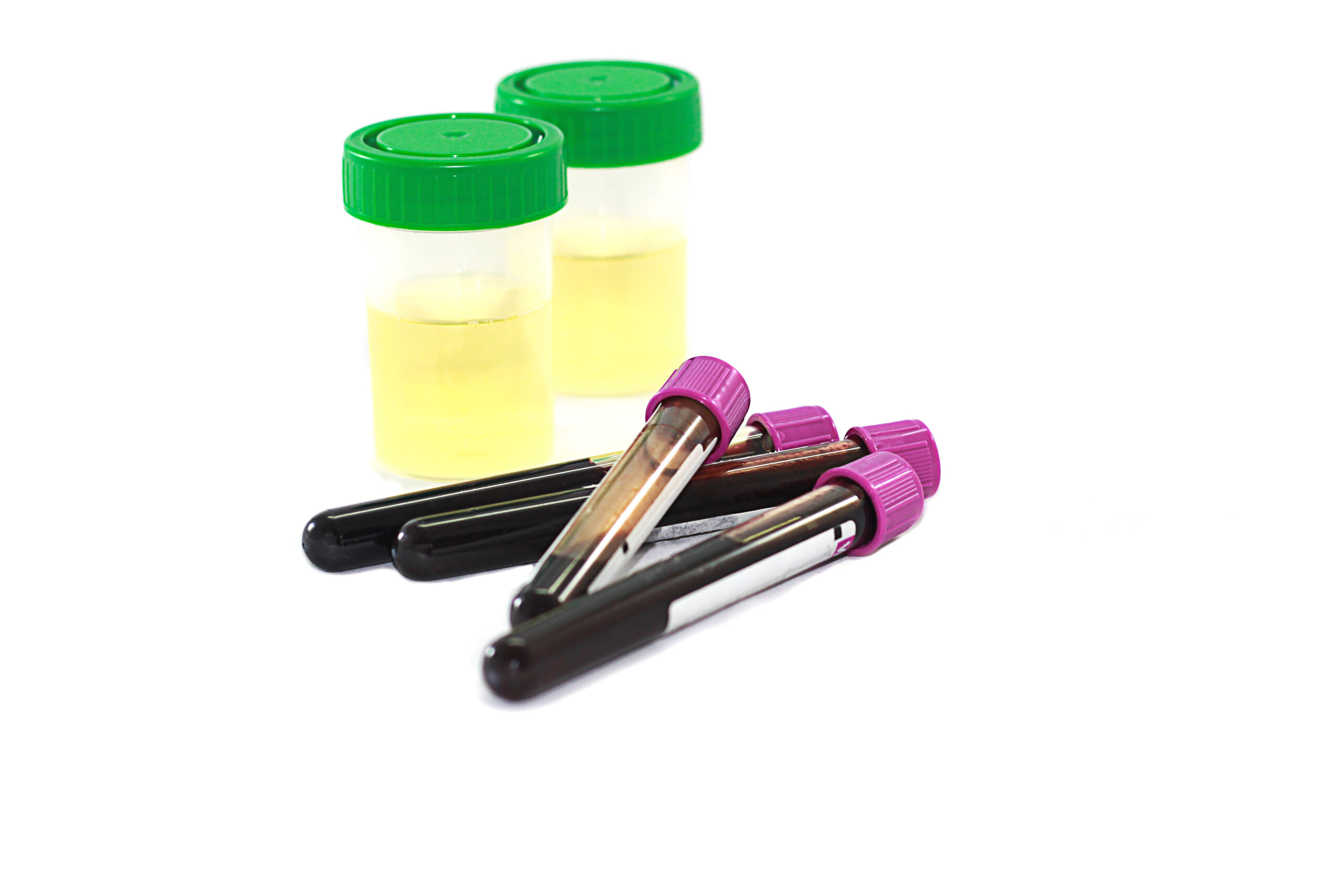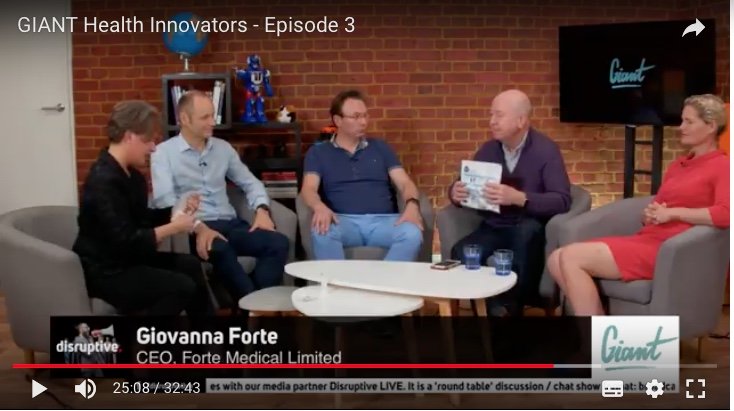GoToGrow – The Mayor’s International Business Programme
We are delighted to have joined the Mayor’s International Business Programme as part of their 11th Cohort of the Go To Grow programme. Partly funded… Read More

We are delighted to have joined the Mayor’s International Business Programme as part of their 11th Cohort of the Go To Grow programme. Partly funded… Read More

The future of preventative care, infection control, antimicrobial resistance and patient safety are routinely undermined by lazy attitudes towards urine collection, the most common diagnostic… Read More

Today’s NHS Long Term Plan rightly focuses on prevention, not least to introduce ways of making healthy living and exercise integral to patient lives. But… Read More

Diagnostic parity yet one had a collection protocol and the other does not! Following a successful Peezy Midstream Usability Study with… Read More

’Rubbish In, Rubbish Out’; if you don’t make the effort to collect the specimen properly, all the clever stuff that is done in the laboratories… Read More

On 11th September, delegates from microbiology, patient safety, urology, Emergency and antenatal medicine gathered at the RCP, London to hear Forte Medical Forum speakers and… Read More

URINE TROUBLE: HOW POOR COLLECTION STANDARDS ARE FAILING MODERN MEDICINE 11th September 2018 at the Royal College of Physicians, London Despite mounting evidence to… Read More

The NHS National Institute for Health Research (NIHR) will be holding their national industry event on 10th October and our CEO, Giovanna Forte will be… Read More

This week saw the launch of Forte Medical’s Series A investment round for growth, export and new product development. Seeking £3.5m, the company is engaging… Read More

Barry Shrier, Founder of annual health innovation event Giant Live, presents the third Disruptor Giant Health Innovators TV interview featuring Giovanna Forte, CEO of Forte… Read More
